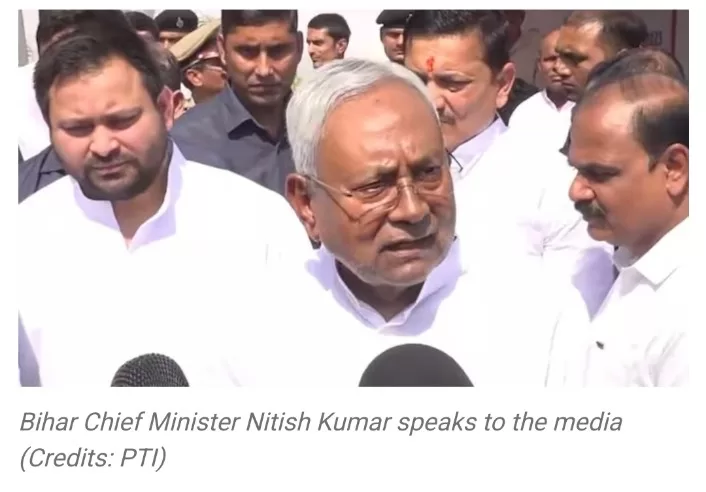In a significant move that appears to be an offshoot of the recent caste survey, the Bihar state government has decided to double the salaries of more than 30,000 teaching staff working at Akshar Aanchal centers (which cater to the Dalit population) and Talimi Markaj centers (established to provide vocational training to Muslim girls).
K K Pathak, the Additional Chief Secretary of the Bihar Education Department, has issued a resolution stating that starting from October 2023, the remuneration of “shik sevak” and “shikshak sevak” will be raised from Rs 11,000 to Rs 22,000 per month. Furthermore, the state government will correspondingly increase their employees’ provident fund (EPF) contributions, and a five percent annual dearness allowance increment has also been approved.
In Bihar, there are approximately 20,000 primary schools and Akshar Aanchal centers that offer foundational education to individuals aged 15 to 45. Additionally, there are over 10,000 Talimi Markaj centers, which are managed by teaching staff responsible for identifying out-of-school children and re-enrolling them in the education system. These educational workers are also tasked with ensuring that students maintain a minimum 75% attendance rate.
The recently unveiled Bihar caste survey reveals that Muslims make up 17.7% of the state’s population, with approximately 80% of them belonging to the Economically Backward Classes (EBC) category. A significant Muslim population resides in districts such as Kishanganj, Katihar, Purnia, Araria, Darbhanga, Madhubani, Nalanda, Gaya, and Rohtas. The Scheduled Castes (SCs) account for 19.65% of Bihar’s population, distributed across various districts.
Opposition voices have criticized the state government, alleging that the salary increase is a politically motivated decision aimed at garnering electoral support. BJP spokesperson and former minister Bhim Singh expressed concerns about the potential ripple effect, with other contractual workers in government departments seeking similar raises. He suggested that the move puts additional financial pressure on the state’s treasury and that it would have been more prudent to evaluate the performance of these workers before granting such substantial salary increases.
In response, RJD national spokesperson Subodh Kumar Mehta denied any connection between the decision and the caste survey, characterizing it as a routine administrative action based on feedback from the grassroots.






